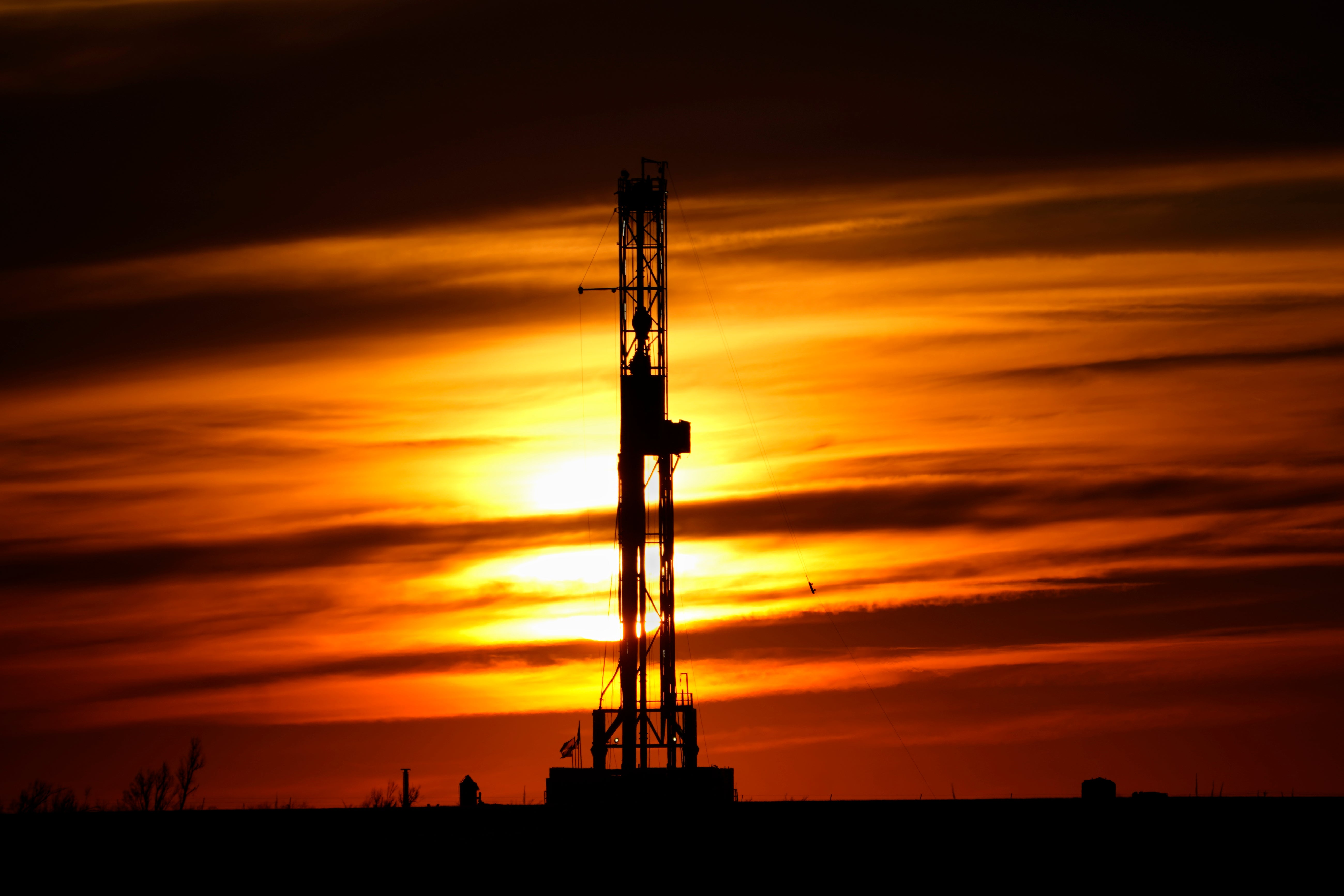Court hearing: Did Biden legally suspend oil lease sales?
A federal attorney says President Joe Biden legally called for suspending new and gas lease sales while considering their effect on climate change, and onshore and offshore sales were legally postponed

President Joe Biden legally called for suspending new and gas lease sales while considering their effect on climate change, and onshore and offshore sales were legally postponed, a federal attorney argued Tuesday.
The current offshore lease sale plan states specifically that the U.S. Secretary of the Interior “may reduce or cancel lease offerings on account of climate change,” Department of Justice attorney Andrew B. Bernie told a 5th U.S. Circuit Court of Appeals panel.
Land-based sales "were not postponed by the executive order. They were postponed because of a need to comply with NEPA” — the National Environmental Policy Act, he said.
Arguing for 13 states that challenged Biden's January 2021 order, Louisiana Deputy Solicitor General Joseph Scott St. John said laws passed in response to the 1970s oil crisis require lease sales.
The Biden administration failed to “grapple with prior analyses” of the planned sales to give a valid reason for postponing or canceling them, he said.
Judges James L. Dennis, Patrick E. Higginbotham and James E. Graves Jr. did not indicate when they will rule.
Louisiana is joined in the suit by Alabama, Alaska, Arkansas, Georgia, Mississippi, Missouri, Montana, Nebraska, Oklahoma, Texas, Utah and West Virginia.
The state challenge to Biden's order has not yet gone to trial but a federal judge blocked the order in a preliminary injunction, writing that since the laws did not state the president could suspend oil lease sales, only Congress could do so.
Bernie said, “It is routine for individual lease sales or proposed lease sales not to be held for various reasons.” The federal brief said nine five-year leasing plans have been approved and all had fewer sales than originally scheduled.
“We don't know why prior lease sales were withdrawn,” St. John responded. “Presumably there was some kind of rationale. That was not the case here.”
U.S. District Judge Terry Doughty found that states which challenged the order were likely to prove the Interior Department violated the Administrative Policy Act by acting without “any rational explanation."
After Doughty ruled for the states, the Interior Department held an offshore lease sale, which a federal judge in Washington canceled. Four onshore lease sales are scheduled next month — for land in Nevada on June 14; New Mexico, Oklahoma and Colorado on June 16; Wyoming on June 22 and Utah, Montana and North Dakota on June 28.
However, the administration scaled back the amount of land originally on offer and raised royalty rates 50% from 12.5% to 18.75%. That's the amount usually charged for desirable deep water offshore leases, while those in less than 656 feet (200 meters) of water are charged the 12.5% minimum.
Biden has come under pressure to increase U.S. crude production as fuel prices spike because of the coronavirus pandemic and the war in Ukraine. From within his own party, the Democrat faces calls to do more to curb emissions from fossil fuels that are driving climate change.
Oil companies have been reluctant to ramp up, saying there are not enough workers, scant money for new drilling investments and wariness that today’s high prices won’t last.
___
Associated Press writer Matt Brown in Billings, Montana, contributed to this report.
Bookmark popover
Removed from bookmarks